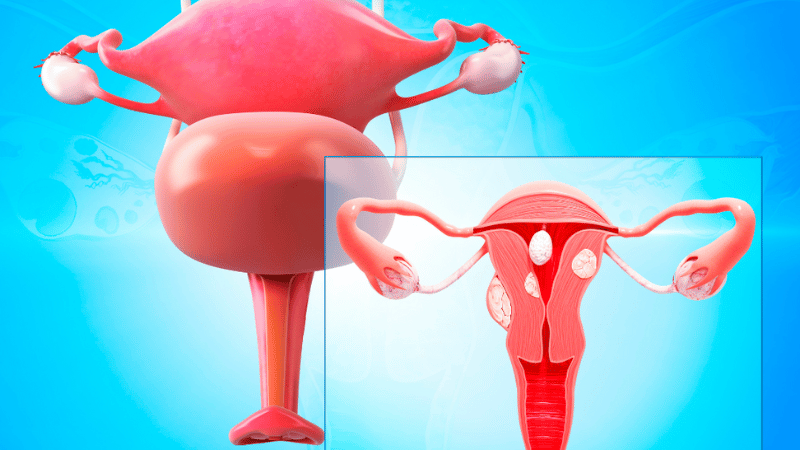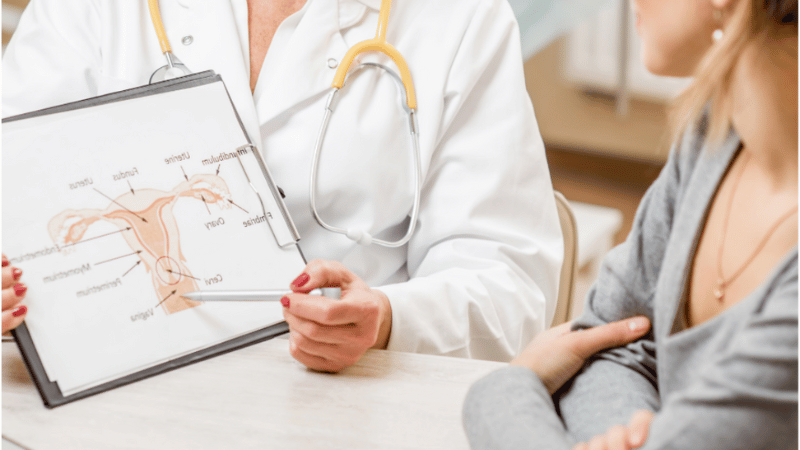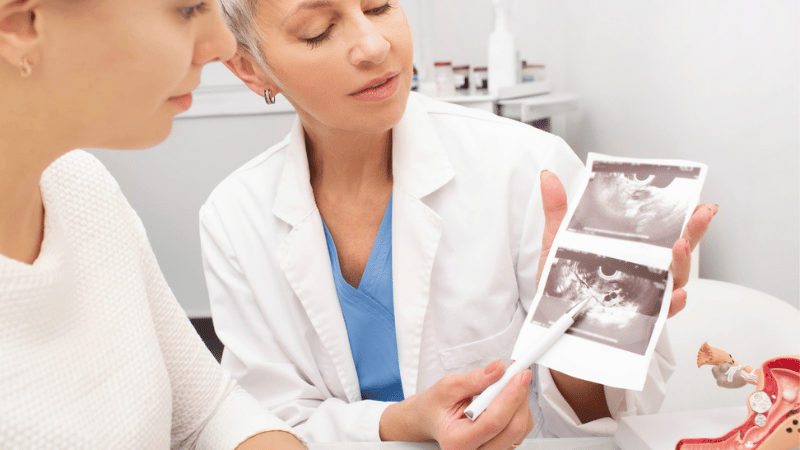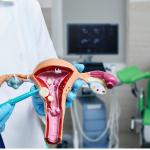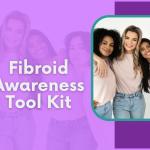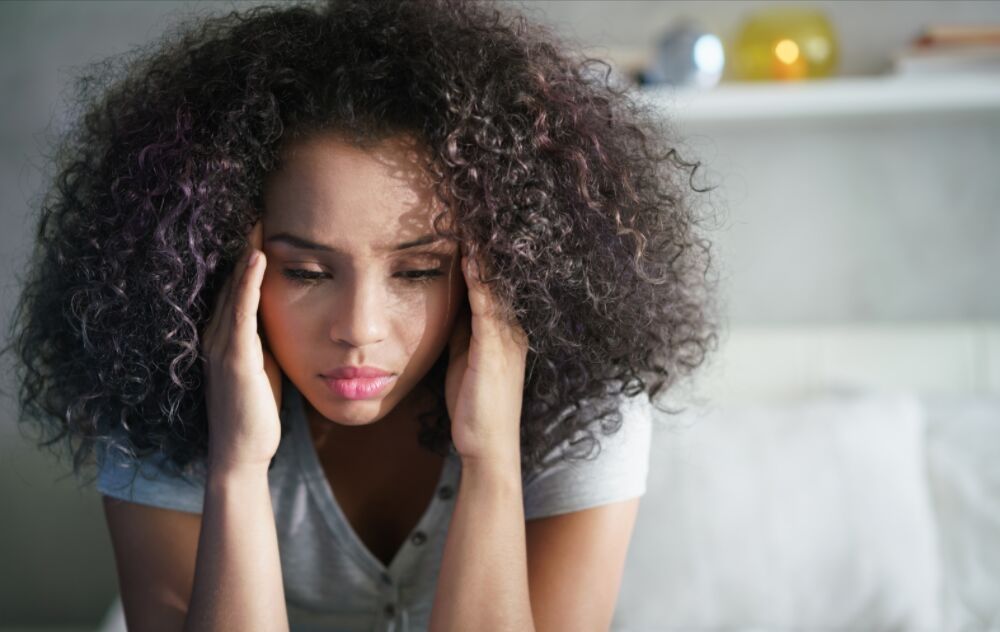
Uterine fibroids are non-cancerous growths that are often benign, but the potential consequences of leaving them untreated can’t be overstated. When fibroids grow in size or number, their effects can escalate, affecting various aspects of a woman’s health and well-being.
Understanding the consequences of untreated uterine fibroids is paramount in making informed decisions about health and wellness.
How Untreated Fibroids Can Impact Your Life
Untreated fibroids can increase uncomfortable or painful menstruation symptoms, making it difficult for women to enjoy their daily activities. The most common fibroid signs and symptoms include:
- Bleeding between periods
- Pain during intercourse
- Constipation and/or bloating
- Pain in your pelvis or lower back
- Increased menstrual cramps
- Protruding abdomen or belly area
A common symptom is constant, heavy bleeding, which can have a physical and mental toll on women. Many women experiencing prolonged menstrual bleeding develop anemia, which can cause fatigue. Heavy bleeding can also impact what a woman wears as she may worry about bleeding through her clothes or if feminine hygiene products will be more visible through certain types of clothing.
Uterine fibroids also may increase the frequency a woman needs to use the bathroom because they can expand the uterus and put pressure on the bladder or colon. Women with untreated uterine fibroids can also experience pain due to their size and location. These symptoms can affect a woman’s quality of life as she is constantly dealing with these uncomfortable and painful symptoms.
Do Fibroids Go Away on Their Own?
Fibroids may go away on their own over time without intervention for some women, but this is rare- occurring in only 10 percent of women. Whether fibroids shrink on their own depends on factors such as hormonal fluctuations triggered by life events like pregnancy or menopause.
Even if fibroids shrink on their own, if they cause heavy bleeding, pain, or other bothersome symptoms, medical intervention might still be necessary for quality of life.
During pregnancy, heightened hormone levels can stimulate fibroid growth, but post-pregnancy hormonal shifts may decrease hormone levels, so fibroids shrink gradually. Similarly, when women transition into menopause and hormone levels decline, fibroids may diminish in size, alleviating associated symptoms.
However, hoping for a natural regression and leaving untreated fibroids isn’t a viable solution for most women. The timeframe for this process can span years, even decades, leaving women grappling with symptoms for far too long. This process is also unpredictable, as some may experience relief, while others may find their fibroids persisting or even worsening despite hormonal changes.
The potential for fibroids to degenerate spontaneously under specific hormonal circumstances exists, but it is important to remember this doesn’t happen to everyone. The best course of action to manage fibroid symptoms is to seek a diagnosis from medical professionals who can evaluate your situation and find the right treatment and approach for you.
Do Fibroids Turn to Cancer?
The relationship between fibroids and cancer is a concern for many women. However, medical consensus suggests that fibroids do not evolve into cancer. Doctors maintain cancers found within a fibroid typically do not originate from the fibroid itself. Additionally, having fibroids does not inherently increase a woman’s risk of developing other forms of uterine cancer.
The likelihood of fibroids harboring cancer is exceedingly rare. Statistics indicate that fewer than one in 1,000 fibroids are found to contain cancerous cells.¹ However, if a cancerous growth is detected within a fibroid, swift and comprehensive treatment is vital. This form of cancer can exhibit aggressive behavior, so treatment is crucial in preventing further spread and ensuring optimal outcomes.
Although the likelihood of fibroids transforming into cancer is slim, the possibility of cancerous growths coexisting with fibroids emphasizes the need for medical evaluation. Partnering with experienced healthcare providers and prioritizing regular screenings rather than leaving untreated uterine fibroids is the best option.
Subscribe for the Latest in Fibroid Health!
Can Fibroids Kill You?
Fibroids are typically not life-threatening, but their presence can precipitate plenty of complications warranting proactive management. The vast majority of women with fibroids lead healthy lives without life-threatening complications. Seeking professional medical advice for individual assessment and management is key.
Fibroids may be benign growths, but their potential to impact surrounding organs and disrupt normal bodily functions should not be underestimated. They can encroach upon the uterine cavity, impacting your reproductive system.
Particularly concerning, yet rare, are ruptured fibroids, which pose a grave risk if left unaddressed. When a fibroid ruptures, it can cause acute blood loss, leading to a life-threatening situation. If you experience sudden abdominal pain, seek immediate medical attention to mitigate the risk of complications.
Fibroids themselves may not directly lead to mortality, but their complications highlight the need to monitor symptoms, seek appropriate medical care, and explore treatment options.
Treating Uterine Fibroids
The most common procedure for untreated uterine fibroids often leads to surgery, such as a hysterectomy, to remove either part or all of a woman’s uterus. The lack of information about treatment options has led many women to “watch and wait,” but it’s important to remember that fibroids will not go away without treatment. When left untreated, they will continue causing uncomfortable or painful symptoms.
The best method to effectively manage symptoms is through treatment. At USA Fibroid Centers, we offer a minimally invasive option called Uterine Fibroid Embolization (UFE), which involves cutting off the blood supply to the arteries supplying blood to the fibroid(s). If the fibroid stops receiving blood and nutrients from the arteries, it will begin shrinking and eventually die.
UFE has become a more popular treatment for fibroids due to its quick recovery time and lower risk of complications.
Schedule Your UFE Consultation Today
UFE is a nonsurgical fibroid treatment performed in one of our outpatient centers, allowing women to go home the same day. If you want to find a solution for your untreated fibroids, please contact us today at 855-615-2555 or schedule your appointment online.
References
- “Uterine Fibroids,” Uterine fibroids | Office on Women’s Health, accessed February 3, 2024, https://www.womenshealth.gov/a-z-topics/uterine-fibroids#.

